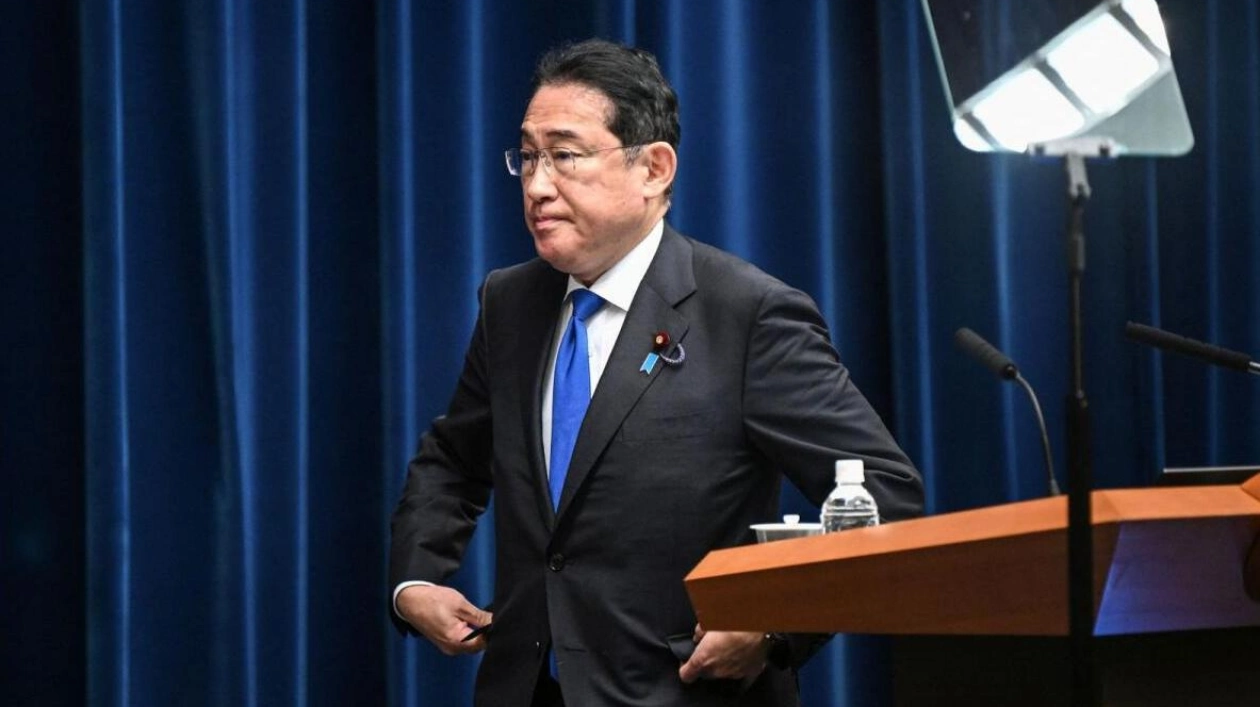Japanese Prime Minister Fumio Kishida is set to resign as leader of the ruling party in September, according to media reports on Wednesday. His three-year tenure has been characterized by escalating prices and overshadowed by political scandals. Kishida, whose public support has waned, will not pursue another term as leader of the Liberal Democratic Party (LDP), as reported by Japanese media including NHK, citing high-ranking administration officials. An LDP spokesperson has not commented on the matter. Kishida's resignation will initiate a leadership race within the party, potentially impacting the direction of the world's fourth-largest economy. The new LDP leader may confront rising living expenses, heightened geopolitical tensions, and the possible re-election of Donald Trump as U.S. president in the coming year.
Kishida, Japan's eighth longest-serving post-war leader, steered the nation through the COVID-19 pandemic with extensive economic stimulus measures. However, he later appointed academic Kazuo Ueda to lead the Bank of Japan (BOJ), who was charged with curbing the aggressive monetary policies of his predecessor. In July, the BOJ unexpectedly increased interest rates, leading to stock market volatility and a significant depreciation of the yen. According to Shoki Omori, chief Japan desk strategist at Mizuho Securities in Tokyo, if the reports are correct, we can anticipate a shift towards tighter fiscal and monetary policies, which could negatively affect risk assets, particularly equities.
Kishida also diverged from traditional corporate profit-focused economic strategies, opting instead for policies designed to enhance household incomes through wage increases and encouraging stock ownership.






